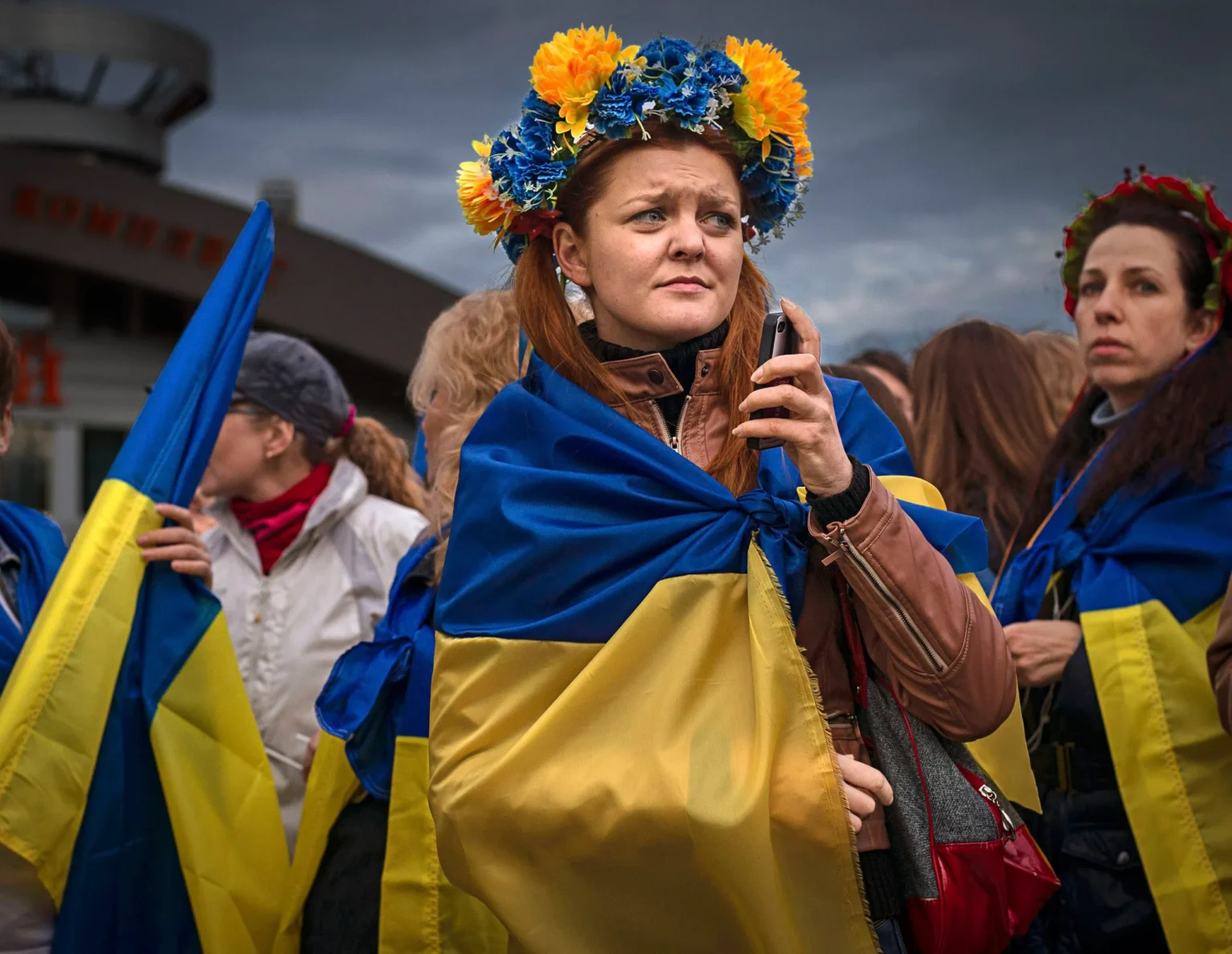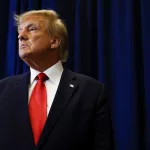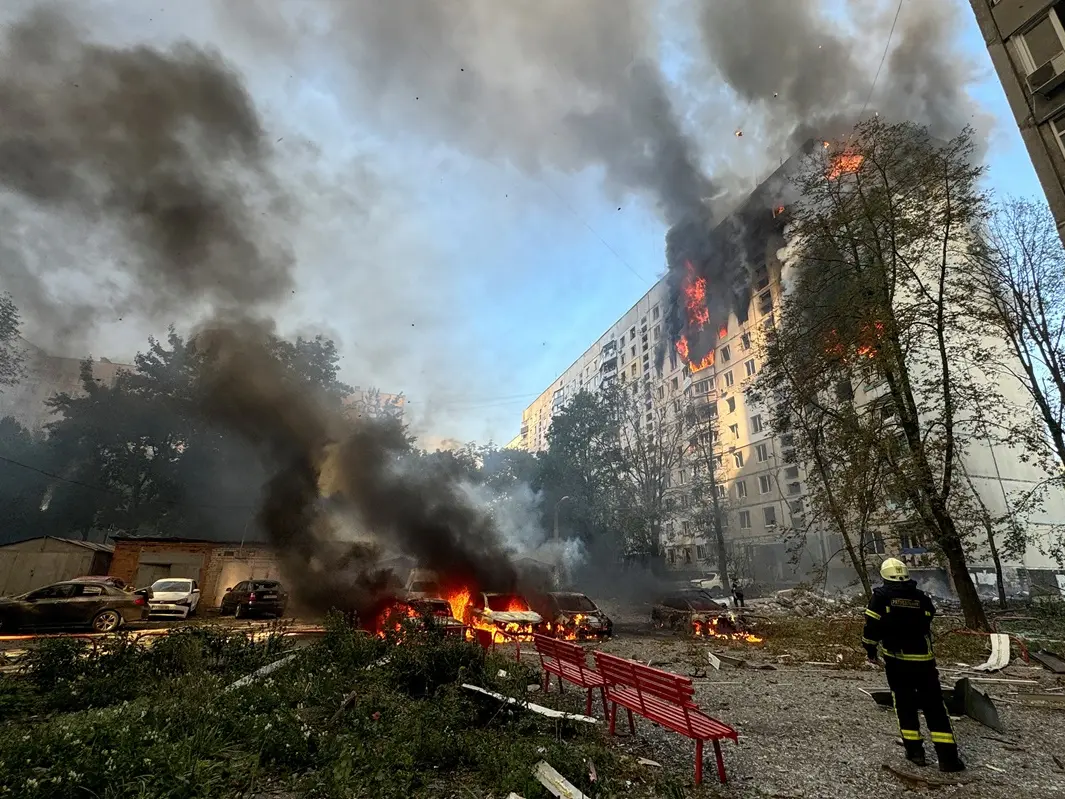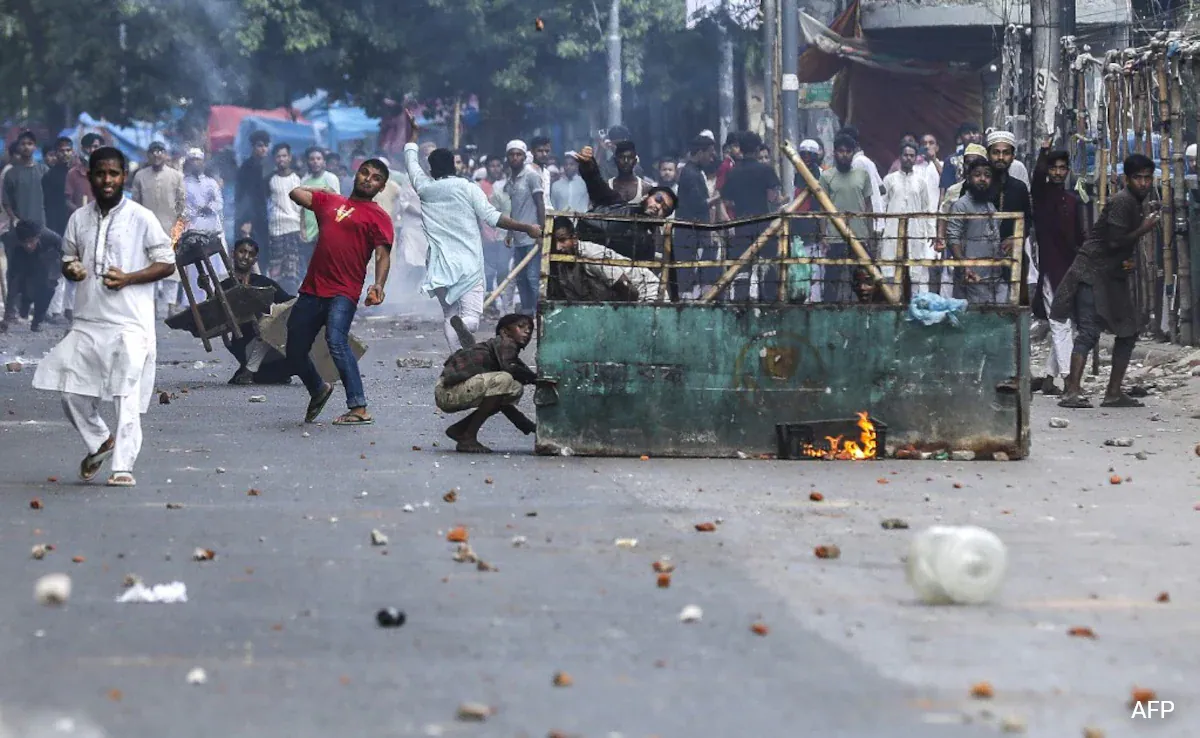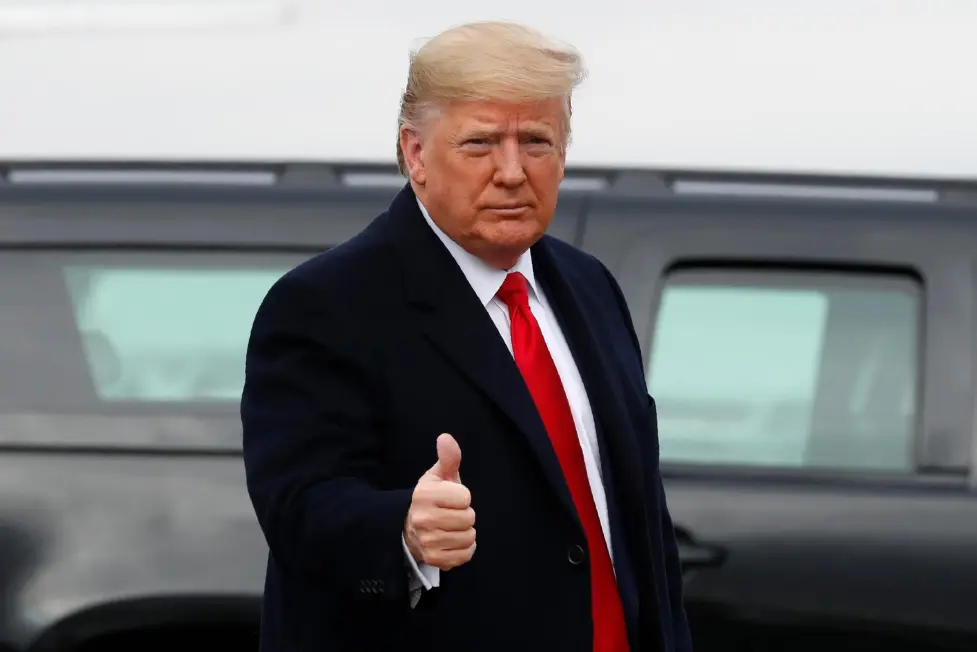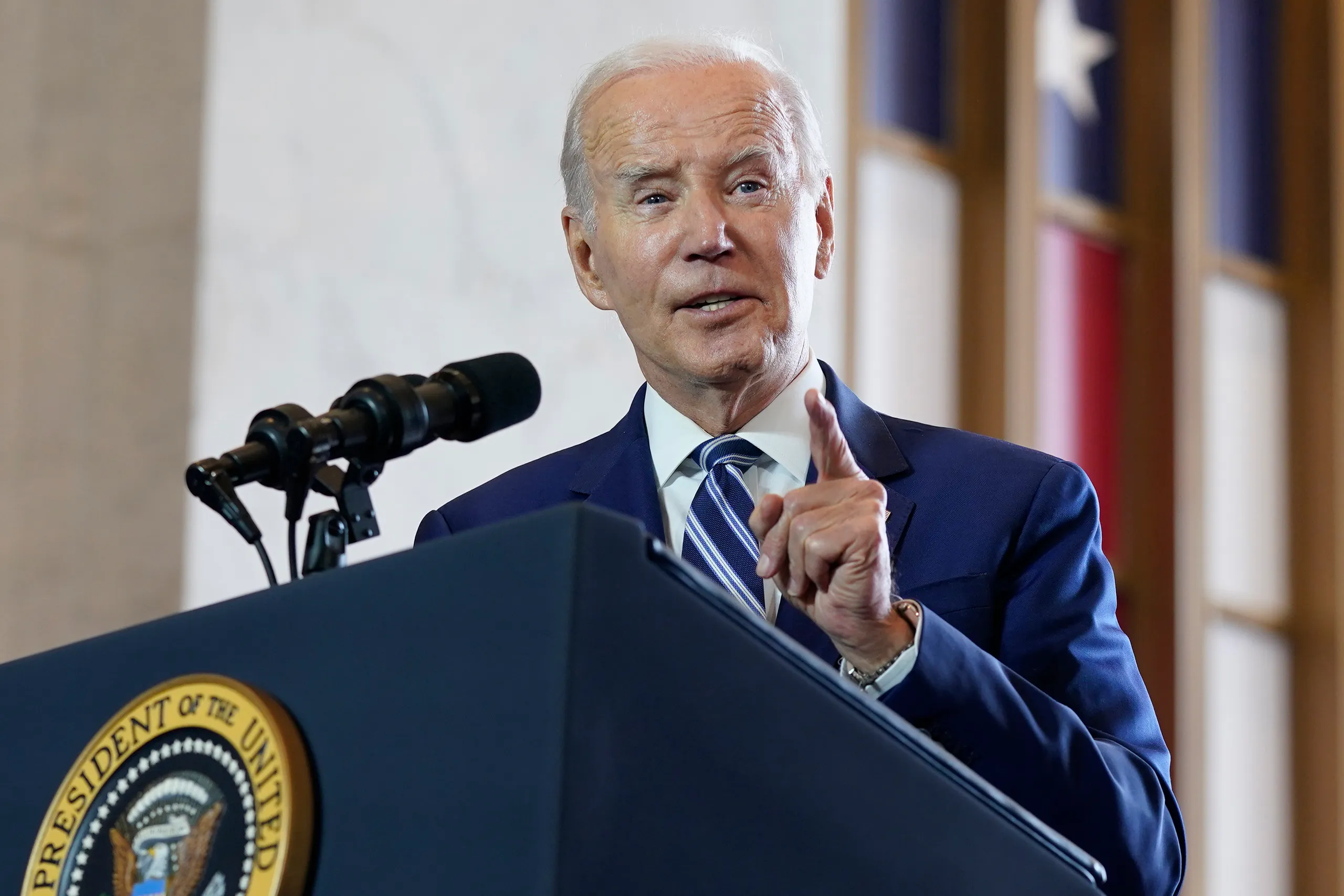There are protests in other cities of Ukraine besides Kyiv against a newly passed law that risks undermining the independence of the country’s anti-corruption bodies and Zelensky’s Administration’s Anti-Corruption law. It was signed into law by the president on the 22nd of July after a conference with the parliament.
It puts under direct subordination of the prosecutor general the national anti-corruption bureau of Ukraine and the specialized anti-corruption prosecutor’s office, being one of Zelensky’s appointed figures. Zelensky has justified his actions by claiming that there was a need to remove Russian anti-corruption bodies.
People against his actions think that the law’s primary intent is to provide the president with the authority to dismantle ongoing probes into the corruption activities of his notorious aides. It also includes his close ally and a prior deputy prime minister, Oleksiy Chernyshov.
They, along with the civil activists and the opposition party politicians, see in the law an obvious attempt by the president to make use of the war situation to muzzle the opposition and try to grab more authority.
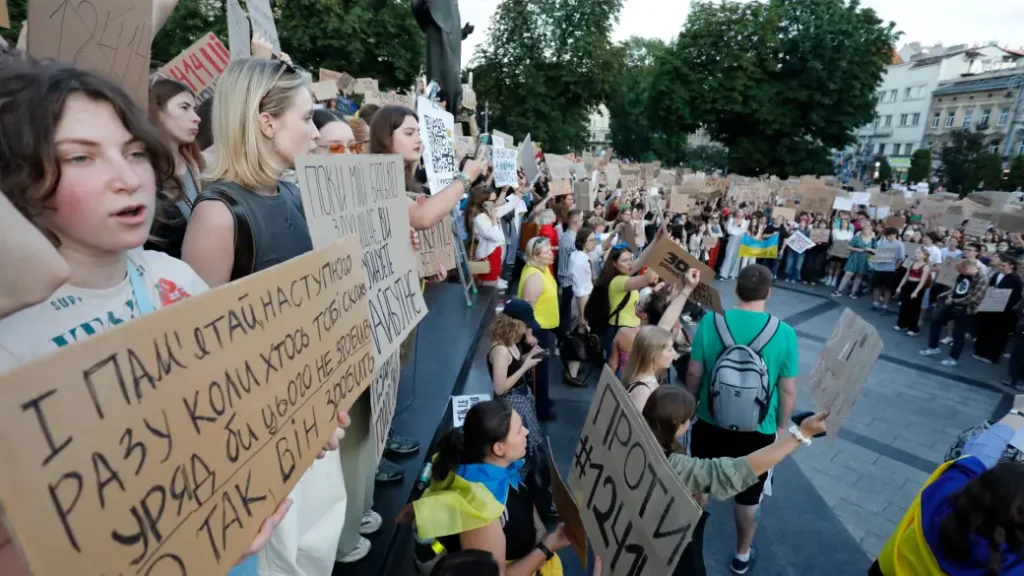
It also involves common folk, including the veterans of the war against Russian aggression, to whom the War has given serious injuries like the loss of limbs.
The efforts to limit the autonomy of anticorruption agencies have sparked fury and, in the process, dissolved the silent agreement between the government and the Ukrainian public to maintain a singular, unified image to the outside world for the duration of the war.
This, and the subsequent ongoing protests, mark the biggest and most consequential issue of public discontent since the inception of the Ukrainian War in 2022, and the twist of events is rooted in the government’s growing authoritarianism, discontent revolving around the Zelensky regime, and the perceived erosion of democracy and civil liberties.
Officially, Zelensky is in a positive situation. The Servant of the People party is the dominating faction in the legislature. Zelesnky continues to lead the nation without the burden of a coalition government, and, legally, he and his party have no electoral reckoning in the future thanks to martial law, which the parliament imposed as a consequence of the ongoing conflict with Russia.
Zelensky’s administration, however, remains popular in the polity. The most recent July 2023 survey of citizens conducted by the Kyiv International Institute of Sociology showed 65% support for the president, which, while a notable decrease since the early months of the Russian invasion, represents a stark recovery from the 52% support he saw just 8 months earlier in December 2022.
Zelensky came up with a countermeasure for the street protests by stating that he would seek to withdraw the new law. He affirmed he would seek to reconstitute the independent agencies to which he would submit a new bill. The pace of his answer indicates how sensitive the president -and indeed the vast majority of Ukrainian politicians- is to the tearful townhall on corruption.
Why is corruption a significant problem
Corruption is a burning issue in Ukrainian society. Infuriation towards the corruption of Lema Vih Yanukovych’s presidency was in both the Maidan protests of 2013 and 2014, which started with Yanukovych breaking off negotiations with the European Union, and negotiating with the Russian Federation on deeper political and economic ties.
The “revolution of dignity” revolt that hallmarked Yanukovych’s presidency greatly repudiated Yanukovych’s policies and leadership. In effect, Yanukovych was removed from power. The revolution made an impressive civic assertion of the determination of Ukrainians to defend their country’s democratic structures.
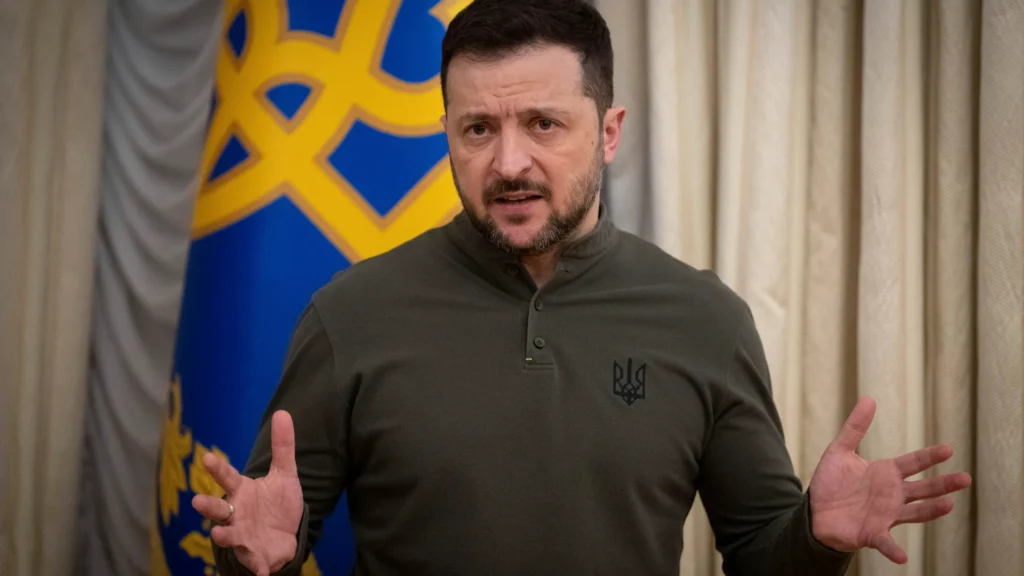
The other side of the picture is that the lack of effort towards Ukraine’s corruption is equally important for the country’s overseas Friends.
For significant institutions like the International Monetary Fund, this is particularly true. The IMF’s ability to disburse the sizeable loans that sustain the functioning of the Ukrainian economy is conditional on Kyiv achieving the good governance milestones it has set.
European leaders have expressed concerns about the new law and potential backward movement on dealing with the corruption-infested system, as Zelensky has broadly suggested governance reforms.
Ursula von der Leyen, the president of the European Commission, called Zelensky to voice strong concern over the dilution of the independence of the anti-corruption institutions and “invite” him to elaborate. Other European leaders from France and Germany have also emphasized their plans to speak with Zelensky on this.
At the same time, Russia has been very fast to exploit the protests in Ukraine. According to the Ukrainian Ministry of Defence Intelligence, Russia has already started circulating fake images of the protesters with pro-Russian slogans on them. They have falsely claimed that Ukrainians are marching to make a demand to end the war immediately.
Up to this point, there are no signs that these protests would turn from requesting the reversal of one piece of legislation to more demanding a change of government. Some of the protesting individuals have even, in one way or another, told the media that they are supportive of the president, but they want him to decisively deal with this concern.
For his part, Zelensky cannot be overly confident. He risks losing his domestic and international backers if no action is taken promptly. Much has been done to showcase Ukraine’s willingness to embrace democratic principles and its eligibility to join Western bloc institutions like the European Union and NATO. Anti-corruption backpedaling, even if perceived, would dilute such efforts.
Sustained albeit remarkable unity the Ukrainians have shown in supporting the war and approving the armed forces, is being strained by the mobilization process. Ordinary citizens are unwilling to answer the call for more fighting men when it is a known fact that the children of affluent and influential Ukrainians are leading a sheltered life overseas, free from mandatory military service.
Zelensky cannot afford to let dissatisfaction with corruption grow. Even if it does not threaten his hold on power today, society’s anger at corrupt practices and the inequalities they create is already damaging the war effort. Ukraine’s political leaders need to demonstrate that their commitment to democracy is as strong as that of the society that they lead. Source

